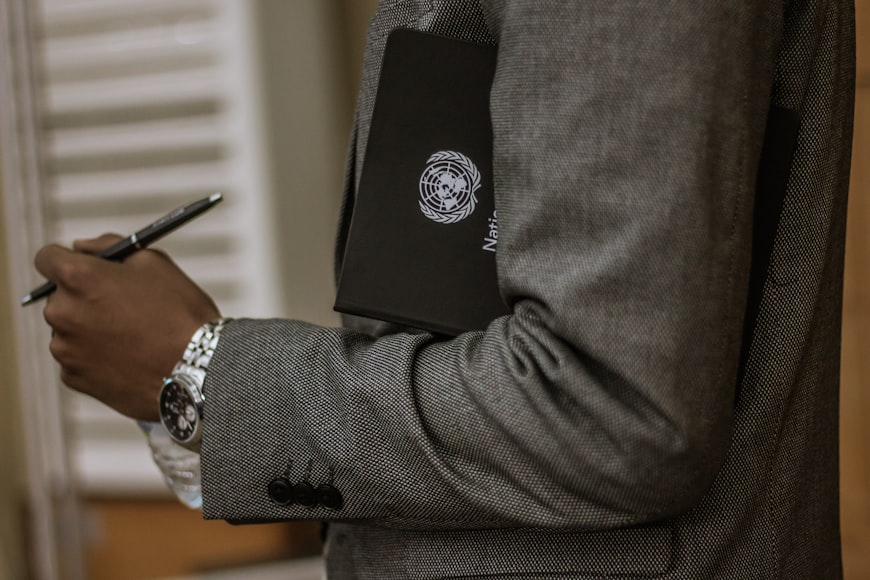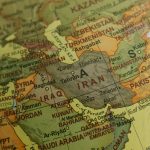Bananas and their Political Influence: The Dark History of Chiquita
Bananas are one of the most popular fruits worldwide: they are tasty and have many health benefits. While you can find bananas from different brands in most supermarkets, the one brand many people associate with bananas is Chiquita. Haven’t we all peeled off that little blue sticker, only to stick it somewhere where it doesn’t really belong?
The banana has a tragic geopolitical history that is often overlooked and Chiquita Brands International, formerly known as the United Fruit Company, has played an important role in that. The industry that brings the yellow fruit into our kitchens also brought economic destruction, corrupt military governments and slave-like exploitation to Latin America, destabilizing many countries economically and politically.
The American United Fruit Company was the largest and most notorious banana producer in Latin America for the biggest part of the last century. It was often compared with an octopus and called “el pulpo,” as it had its tentacles spread all over Latin America, trying to gain more influence and secure its access to land. As bananas became more and more popular worldwide and the demand rose, the company purchased great amounts of land in multiple countries, which in many cases was stolen from native population. While a lot of countries suffered under the practices of the United Fruit Company, two important cases are Guatemala and Colombia.
When Guatemala’s democratically elected president Jacobo Arbenz attempted to curtail the power of United Fruit Company, it cooperated with its allies in the US government and engineered a coup in 1954. This coup ended up being the start of a military dictatorship of more than 30 years and the deaths of over 200.000 civilians in a civil war. This example shows how influential the intervention of the United Fruit Company was long term and how much power they had within many political decisions.
In Winter 1928 plantation workers in the Colombian town Cienaga went on strike for better wages and working conditions. This demand was nothing new, as it was widely known that the working conditions for employees on banana plantations were horrible. On December 6th, when strikers were gathering to listen to a speech, the Colombian military enacted the murder of around 2,000 protesters, by order of the United Fruit Company. The exact number of deaths still remains unclear to this day. In 2018, during the ongoing peace process in Colombia, Chiquita brands was charged for funding paramilitary death squads as recently as 2004, which shows that these practices were not left in the last century.
While Chiquita has lost its stranglehold on Latin American politics, the modern banana industry is not without problems, which also brings a certain responsibility for the end consumer. The production of bananas requires strong pesticides that can be dangerous for the environment and the workers and many plantation employees still do not earn a ‘living wage’ to cover their basic needs such as food, housing, clothing and education. With all the different fruit and vegetable offered to us in the supermarket, it’s impossible to know the history and problems of all of them. It can also be tricky to make ‘good choices’ without limiting yourself to only homegrown food from your garden, especially as a student. Nevertheless, it is important to take a step back from time to time, look at your consumption patterns and in this case to maybe find a new appreciation for a banana if you eat it and to take a closer look at where that banana actually comes from.
Further Reading:
The Dark and Bloody History Behind Bananas | by Ryan Fan | Age of Awareness | Medium
The Controversial History of United Fruit (hbr.org)
Image: Flickr: Winter in southern Germany – 02/2010 – Can you enjoy this? Or you want sun?…:)




very clear and good article easy to understand. Thank you